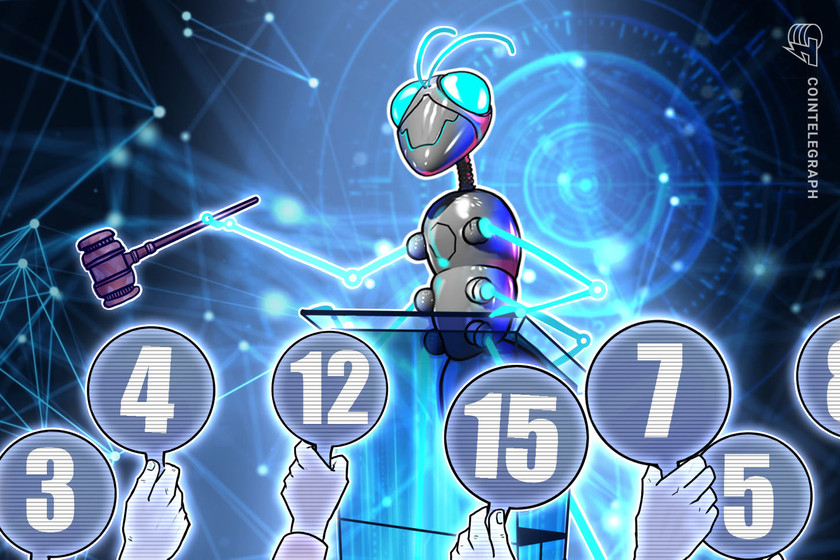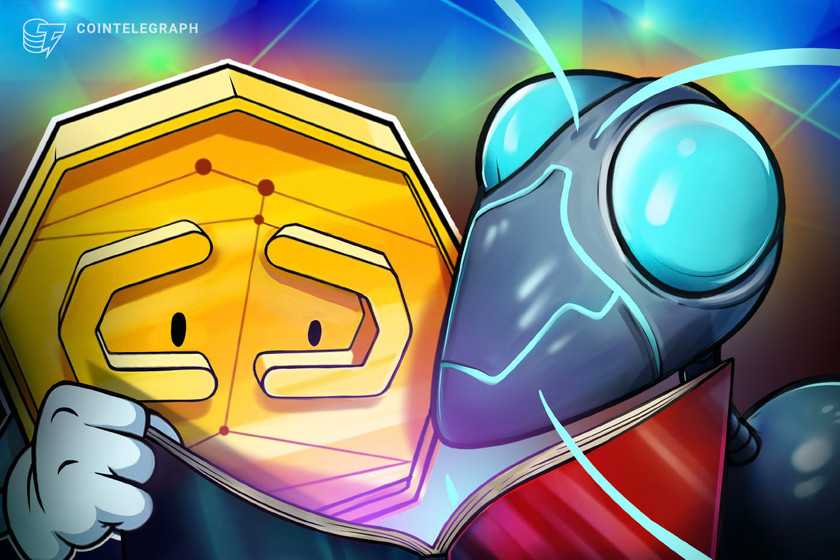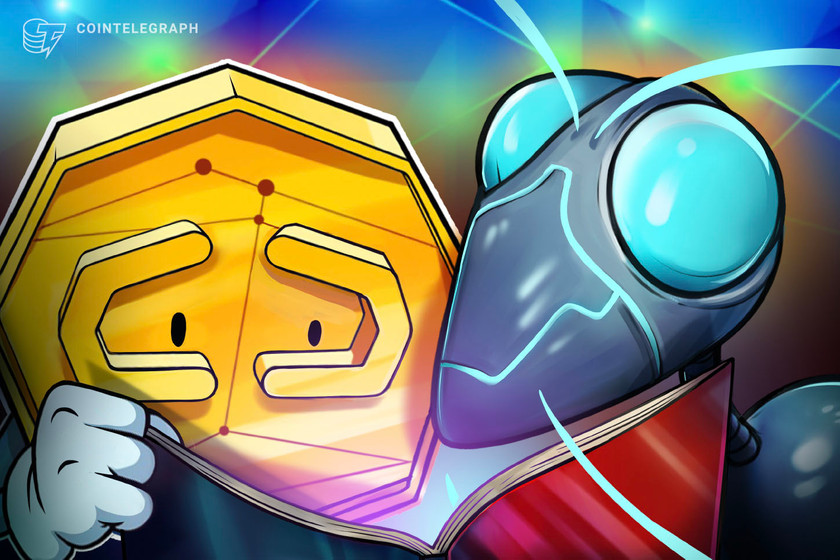Yuga Labs co-founder addresses comeback rumors amid ongoing health break


Wylie Aronow said he’s been seeing many tweets this week asking when he’s planning to return to the helm at Yuga Labs.
Nonfungible token (NFT) entrepreneur Wylie Aronow has confirmed he isn’t ready to return to Yuga Labs, the NFT firm he co-founded, despite making “steady progress” with his health.
“I’m not ready to come back to even part-time work. I have to ensure I’m around for a long time, for those who need me,” Aronow said on Dec. 11 in addressing rumors of a potential return.
Aronow explained that some days, he’s ready to throw himself into the “deep end,” while on other days, he feels he needs to be “wheel-chaired” to an emergency room.































